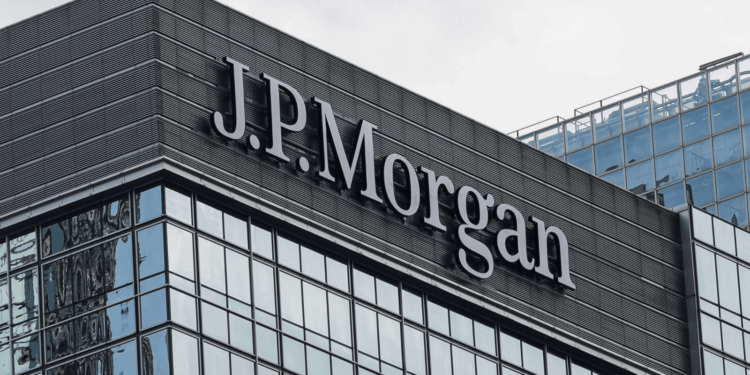JP Morgan, a prominent global financial institution, has released a report estimating Nigeria's net external foreign exchange (FX) reserve to be approximately $3.7 billion. This figure is significantly lower than the reported net reserve of $14 billion at the end of 2021.
The bank's report, titled "Nigeria: Change Pivot Rather Than Exhaustion," attributes the lower FX reserve estimate to larger currency exchanges and borrowings against the FX reserves.
The report states:
"Based on partial data from the audited financial statements, we estimate that the Central Bank of Nigeria's (CBN) net FX reserves were around US$3.7 billion at the end of last year, down from US$14.0 billion at the end of 2021."
JP Morgan arrived at the $3.7 billion estimate through several assumptions, which, if proven incorrect, could impact their calculations. These assumptions include:
Adding a US$5.0 billion increase in IMF Special Drawing Rights (SDR) to external reserves, resulting in a total gross FX reserve of US$37.8 billion, in line with the central bank's published 30-day moving average of US$37.08 billion.
Adjusting the gross external reserves by accounting for three key FX risk components: FX loans (US$6.84 billion), securities lending (US$5.5 billion), and currency exchanges (US$21.3 billion).
Calculating currency exchanges by subtracting FX loans and outstanding Over-the-Counter (OTC) Futures balances from the overall total published in the financial statements.
Despite the surprise estimate, the report suggests that the CBN can still manage the pressure stemming from the low FX reserve. The report highlights that the profit from exchange arrangements between the CBN and commercial banks will likely continue to rise, contributing to the increasing rates.
Additionally, the Nigerian National Petroleum Corporation Limited (NNPCL) has reportedly sought a $3 billion loan from Afrexim Bank to bolster the country's FX reserves and alleviate liquidity concerns in the foreign exchange market.
As of June 2023, Nigeria's FX reserve stood at $34.1 billion, making JP Morgan's estimate a topic of concern and discussion.
The report maintains cautious optimism, noting that despite recent slowdowns in reform momentum, the country's economic transformation is ongoing.
It's worth noting that despite an initially rapid start to his administration, President Tinubu has had to scale back major reforms, including the removal of fuel subsidies.
Nigeria's sovereign bonds have faced a decline in value, with a decline of 2.5-5 points across the yield curve following recent policy statements from the government.
The bank's report also predicts headline inflation to reach 28% by the year's end, driven by rising food prices and the broader impacts of the government's reforms.
